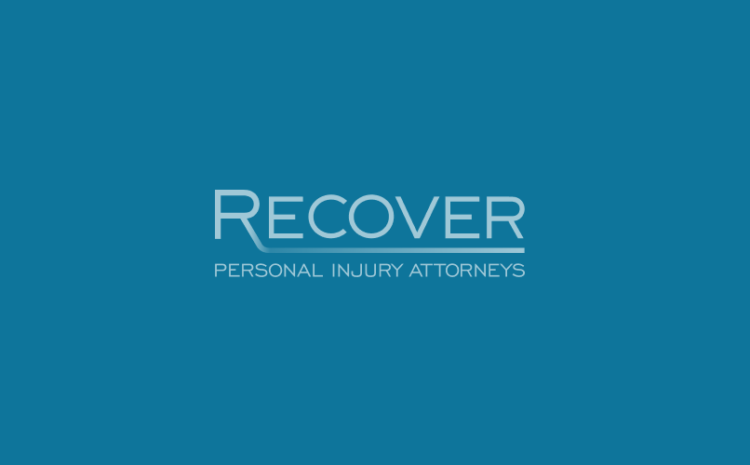
Understanding Wrongful Death Claims: Seeking Justice for Your Loved Ones
Losing a loved one is an unimaginable tragedy, especially when it occurs due to someone else’s negligence or intentional actions. In such cases, it may be possible to pursue a wrongful death claim to seek justice and compensation.
This article aims to shed light on wrongful death claims, providing insights into who can file such claims, the types of damages available, and the legal process involved in seeking justice for your loved ones.
What is Wrongful Death?
Wrongful death refers to a situation where a person’s death is caused by the negligent, reckless, or intentional actions of another individual, company, or entity. These actions may occur in various scenarios, including car accidents, medical malpractice, workplace accidents, or criminal acts.
Who Can File a Wrongful Death Claim?
Typically, the following parties may be eligible to file a claim:
- Immediate Family Members: Spouses, children (including adopted and stepchildren), and parents of unmarried children are usually given priority to file a claim.
- Distant Family Members: In some cases, siblings, grandparents, or other close relatives may be eligible to file a claim if there are no immediate family members.
- Dependents and Life Partners: Individuals who were financially dependent on the deceased, such as domestic partners or unmarried cohabitants, may also have the right to file a claim.
- Legal Representative: If no eligible family members are available, the deceased person’s estate may file a claim on behalf of the beneficiaries.
Types of Damages in Wrongful Death Claims
Wrongful death claims seek compensation for various losses and damages suffered by the surviving family members. These can include:
- Economic Damages: Compensation for financial losses resulting from the death, including lost wages, medical expenses, funeral costs, and loss of future income or financial support.
- Non-Economic Damages: Compensation for intangible losses, such as pain and suffering, loss of companionship, emotional distress, and loss of guidance or nurturing.
- Punitive Damages: In cases where the defendant’s actions were particularly egregious or intentional, punitive damages may be awarded to punish the responsible party and deter similar conduct in the future.
The Legal Process for Wrongful Death Claims
Initiating a wrongful death claim involves several key steps:
- Consultation with an Attorney: Seek the guidance of an experienced wrongful death attorney who can assess your case, explain the legal process, and advise you on the best course of action.
- Investigation and Gathering Evidence: Your attorney will investigate the circumstances surrounding the death, collect relevant evidence, and consult with experts if necessary to build a strong case.
- Filing the Claim: Your attorney will file a wrongful death lawsuit on behalf of the eligible family members, adhering to the specific legal requirements and deadlines.
- Settlement Negotiations or Trial: Depending on the circumstances, your attorney will engage in settlement negotiations with the responsible parties or proceed to trial if a fair settlement cannot be reached.
- Resolution and Compensation: If the claim is successful, compensation will be awarded based on the damages proven in the case.
Seeking Legal Support
The loss of a loved one is emotionally challenging, and pursuing a wrongful death claim can be a complex legal process. It is essential to seek the support of a compassionate and knowledgeable wrongful death attorney who can guide you through this difficult journey, ensuring your rights are protected and justice is pursued on behalf of your loved one.
At RECOVER Personal Injury Attorneys, we offer a free, no-obligation consultation to discuss your case and provide the guidance you need. Our dedicated team will work tirelessly to seek the justice and compensation your loved one deserves.
Remember, when tragedy strikes, you have the right to seek justice for your loved one’s wrongful death. Consult with an experienced attorney to understand your legal options and take the necessary steps towards obtaining closure and holding the responsible parties accountable.
Contact RECOVER Personal Injury Attorneys today for a free consultation.






